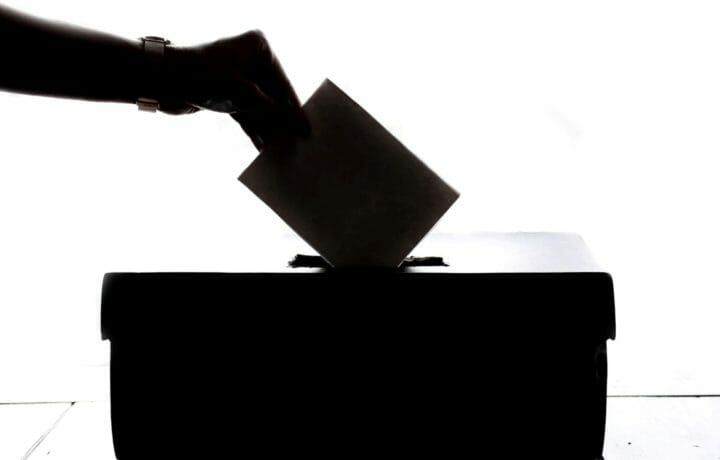In case you haven’t noticed – ha! – we’re in an election year. That means mailboxes clogged with campaign literature, incessant campaign television ads, and probably some lively conversations with friends or family about…political campaigns.
For many federal employees and contractors, especially those living in the Washington, D.C. area, the constant din of political chatter becomes like background noise: easy to tune out. But for others, campaign fever combined with the same patriotism that drew them to government service results in thoughts about running for office.
If you’re a civic-minded individual looking to do some good for our country or even just your community, I think that is to be commended; democracies die without an actively involved electorate. But if you also happen to serve Uncle Sam in your day job, there are a few things to consider first.
Can You Run for Office as a Federal Employee?
The initial calculous depends on whether you are a federal employee or employed by a federal contractor. Federal employees are held to strict rules under the Hatch Act that prohibit them from running for partisan political office. So, for example, a federal employee could not run for Congress or state legislature, but could run for school board or city council if those elections are non-partisan.
Employees of federal contractors are not subject to this same prohibition against running for partisan political office. However, the contractors themselves (including companies and individuals bidding on a federal contract as well as those who hold one) are prohibited by federal law from making contributions to federal candidates and committees. In other words, if you work for a federal contractor, don’t expect or ask your employer to contribute to your campaign. Your employer’s employees, stockholders and members, however, may still make contributions from their personal assets.
The next thing to consider is when, where, and how you advertise your candidacy or solicit donations. While the Hatch Act is aimed at preventing partisan political campaigning and solicitations by federal employees while on duty, in uniform, or in a federal workplace, other laws and rules may prohibit employees of federal contractors from engaging in similar behavior and may prohibit both federal employees and contractors from engaging in campaign-related activities in the workplace – even if in furtherance of a non-partisan election. For example, non-partisan campaign activities performed while on the clock may still be considered a misuse of the employer’s time or resources.
Finally, understand that there is a strict prohibition against federal employees using their official authority or influence to interfere with or affect the result of an election. For example, federal employees cannot solicit campaign donations from an individual with business before his or her agency; cannot use his or her official title or position while engaged in political activity; and cannot invite or pressure subordinates to participate in or contribute to a campaign – even a non-partisan one. Employees of federal contractors will probably run afoul of their employer’s policies for engaging in similar behavior.
These are just a few of the more glaring landmines that federal employees and contractors should consider if running for office; but it is not an exhaustive list and this is a highly technical area of law fraught with potential traps.
Don’t be discouraged for running from office for fear of inadvertently violating a law or rule, but do seek competent legal advice first from an attorney well-versed in election law. A great place to start is the U.S. Office of Special Counsel, which enforces Hatch Act violations and has produced a helpful primer on the topic accessible here.
This article is intended as general information only and should not be construed as legal advice. Consult an attorney regarding your specific situation.




